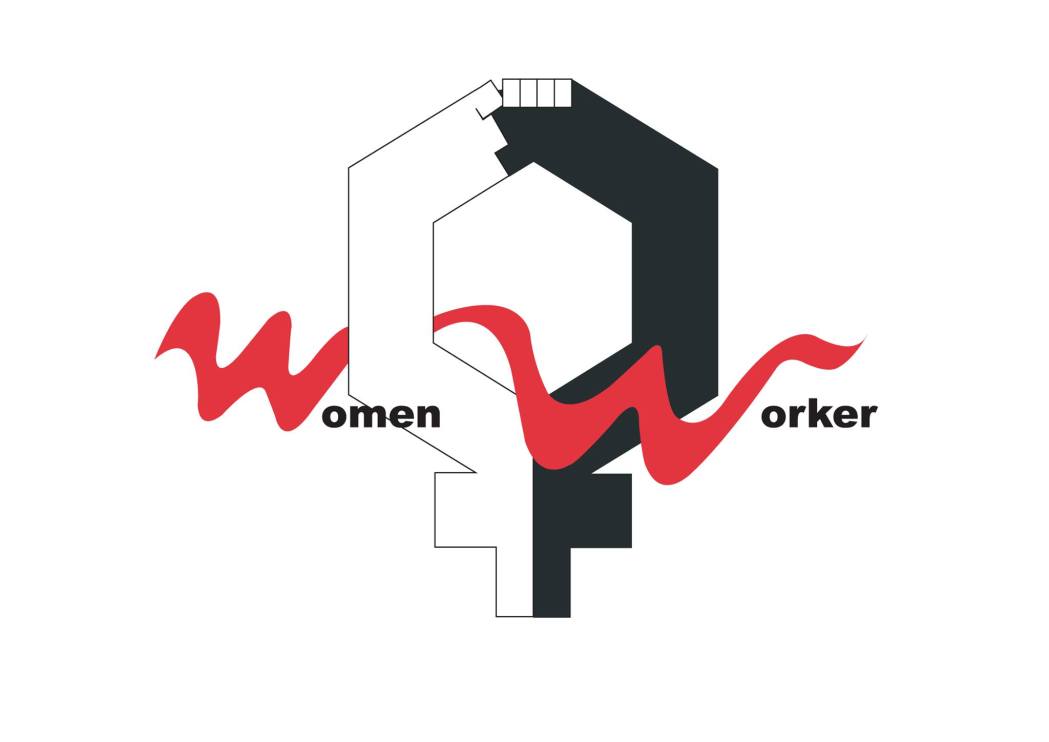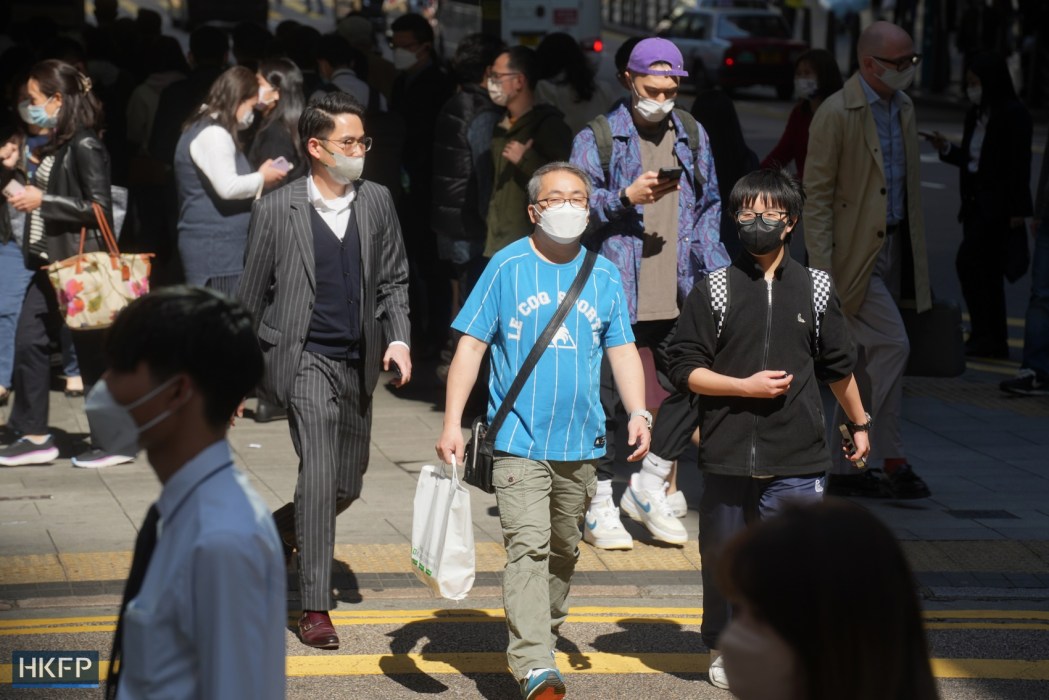The Hong Kong Women Workers’ Association has cancelled on Saturday night a police-approved protest which was scheduled to be held on Sunday.
The march would have been one of the first of its kind following the outbreak of Covid-19 in the city over three years ago.

The organiser initially planned for demonstrators to march from Wan Chai to government headquarters in Admiralty, with the aim of promoting labour rights, women’s rights and gender equality ahead of the International Women’s Day next Wednesday.
The announcement was made on the association’s Facebook page, but the group did not give any reason behind the protest’s cancellation.
At a press conference on Saturday night, the police said that the authorities approved on Thursday the association’s application to hold the rally, after conducting risk assessment.
The association decided to cancel the protest “after balancing the interests of all parties,” said Cheng Wai-kin, acting senior superintendent of the police.
With the association’s decision to cancel the protest, the “letter of no objection” issued by the police was voided, and anyone who gathers at the presupposed location may risk committing participating in an unauthorised assembly, said Cheng.
“Although the police hope that no one will violate the law, we still found that a lot of people, including some violent groups, said that they would attend the event,” said the police officer.
However, the officer did not give any details as to who were the alleged violent groups vowing to attend the event.
Cheng also did not give answers to questions over whether the cancellation was linked to the start of the Chinese parliamentary “Two Sessions” meetings in Beijing on Sunday.

With the Covid-19 mask mandate lifted less than a week ago, questions were also raised over whether participants of legal assemblies would be in violation of the anti-mask law, as the majority of Hongkongers still opted to wear face masks.
Cheng said on Saturday that while the police had discussions on the matter with the organiser, the association did not tell the authorities whether it was the reason behind the cancellation.
The mask ban was implemented by then-chief executive Carrie Lam using her emergency powers in October 2019 to target the 2019 pro-democracy protests and unrest. Offenders risk a year in jail and a fine of HK$25,000.
The regulation states that the ban applies to authorised and illegal assemblies, public meetings and public processions.
HKFP has reached out to the association for comment.
Protest under Covid-19
Since the outbreak of the Covid-19 pandemic and the implementation of the sweeping security legislation, protests and demonstrations became a rare scene in the city.
Hong Kong maintained one of the world’s strictest Covid-19 social-distancing regime. At one point, no more than two people could gather in a group in public places.

The police previously cited health concerns when banning demonstrations, including Hong Kong’s annual Tiananmen vigils in 2020 and 2021.
The cancelled march would have been one of the first political rallies in the city, with previous police-approved public gatherings being Lunar New Year celebrations, charity walks, fundraising activities, and a residents’ consultation.
According to the conditions set out by the police, the association would have to ensure that the demonstration would be in compliance with laws including the Beijing-imposed national security law.
The organiser also had to ensure that the protest and rally “would not be contrary to the interests of national security,” according to the police document.
The Beijing-imposed national security law was enacted in June 2020. The sweeping legislation criminalises subversion, secession, collusion with foreign forces and terrorist acts, which were broadly defined to include disruption to transport and other infrastructure.
The move gave police sweeping new powers, alarming democrats, civil society groups and trade partners, as such laws have been used broadly to silence and punish dissidents in China. However, the authorities say it has restored stability and peace to the city.
Support HKFP | Policies & Ethics | Error/typo? | Contact Us | Newsletter | Transparency & Annual Report | Apps
Help safeguard press freedom & keep HKFP free for all readers by supporting our team

LATEST FROM HKFP
HKFP has an impartial stance, transparent funding, and balanced coverage guided by an Ethics Code and Corrections Policy.
Support press freedom & help us surpass 1,000 monthly Patrons: 100% independent, governed by an ethics code & not-for-profit.










